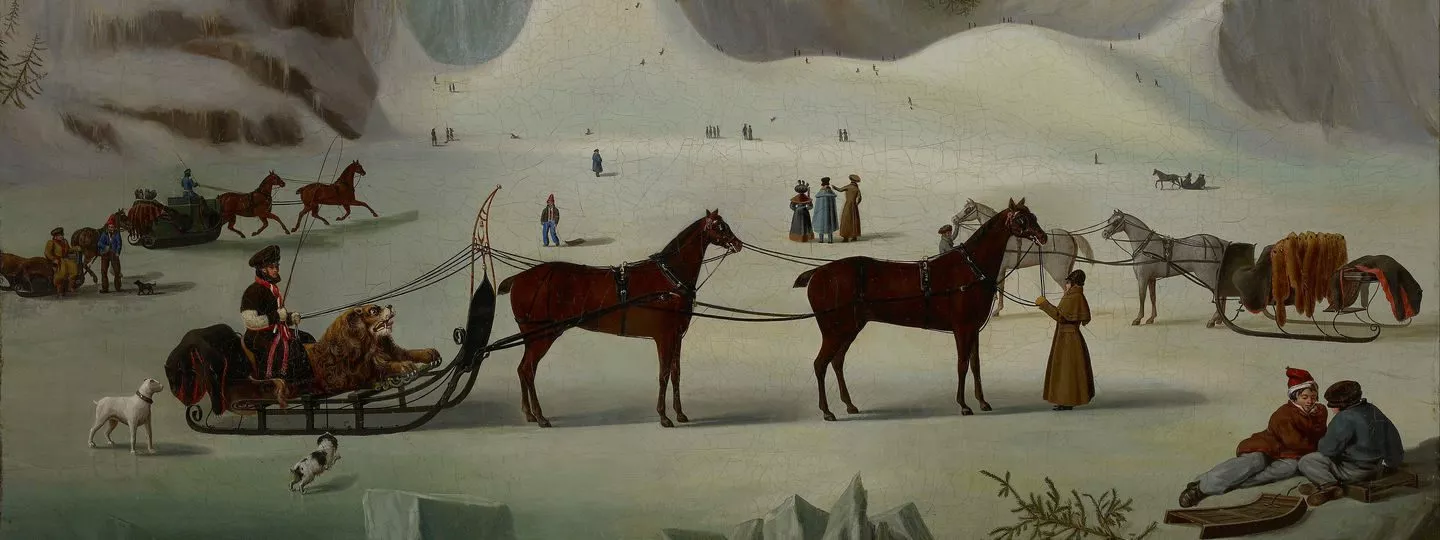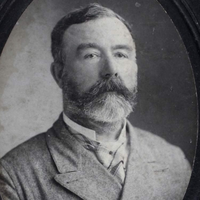
E. W. Thomson
Edward William Thomson was born in Toronto township, county of Peel, Ontario, February 12th, 1849. His father was William Thomson, grandson of Archibald Thomson, the first settler in Scarboro. His grandfather Edward William Thomson, was present at the taking of Detroit, and served with distinction under Brock at Queenston Heights; and was afterwards well known in Upper Canada as Col. E. W. Thomson of the Legislative Council, and as the one successful opponent of William Lyon Mackenzie in an election for the Legislature. The mother of the present E. W. Thomson was Margaret Hamilton Foley, sister of the Hon. M. H. Foley, twice Postmaster-General of the united Canadas.
Edward William Thomson was born in Toronto township, county of Peel, Ontario, February 12th, 1849. His father was William Thomson, grandson of Archibald Thomson, the first settler in Scarboro. His grandfather Edward William Thomson, was present at the taking of Detroit, and served with distinction under Brock at Queenston Heights; and was afterwards well known in Upper Canada as Col. E. W. Thomson of the Legislative Council, and as the one successful opponent of William Lyon Mackenzie in an election for the Legislature. The mother of the present E. W. Thomson was Margaret Hamilton Foley, sister of the Hon. M. H. Foley, twice Postmaster-General of the united Canadas.
The future poet was educated at the Brantford Grammar School, and at the Trinity College Grammar School at Weston; but when about fourteen years of age, he was sent to an uncle and aunt in Philadelphia and given a position in a wholesale mercantile house as 'office junior.' Finding this employment very uncongenial, he enlisted in the Union army, in October, 1864, as a trooper in the 3rd Pennsylvania Cavalry. This corps was engaged twice at Hatcher's Run, and was with Grant when he took Petersburgh. Discharged in August, 1865, he returned to the parental home at Chippewa, Ontario. In June, 1866, when the Fenians raided Upper Canada, young Thomson promptly enlisted in the Queen's Own, and was in action at the Ridgeway fight. The following year he entered the profession of Civil Engineering, and in 1872 was registered a Provincial Land Surveyor. He practised his profession until December, 1878, when at the invitation of the Hon. George Brown, he joined the staff of The Globe, Toronto, as an editorial writer. Four years later the Manitoba boom attracted him, and he practised surveying for two or three years in Winnipeg. In 1885, he rejoined The Globe staff, but retired again in 1891, because of his opposition to the Liberal policy of Unrestricted Reciprocity. Shortly afterwards he was invited to join the staff of the Youth's Companion. He accepted and remained for eleven years.
Since 1903, he has lived in Ottawa, employed as a newspaper correspondent and engaged in literary work.The Many-Mansioned House and Other Poems was issued in 1909. His poems, like his short stories, are lucid, vital, original.
References
http://digital.library.upenn.edu/women/garvin/poets/thomson.html


